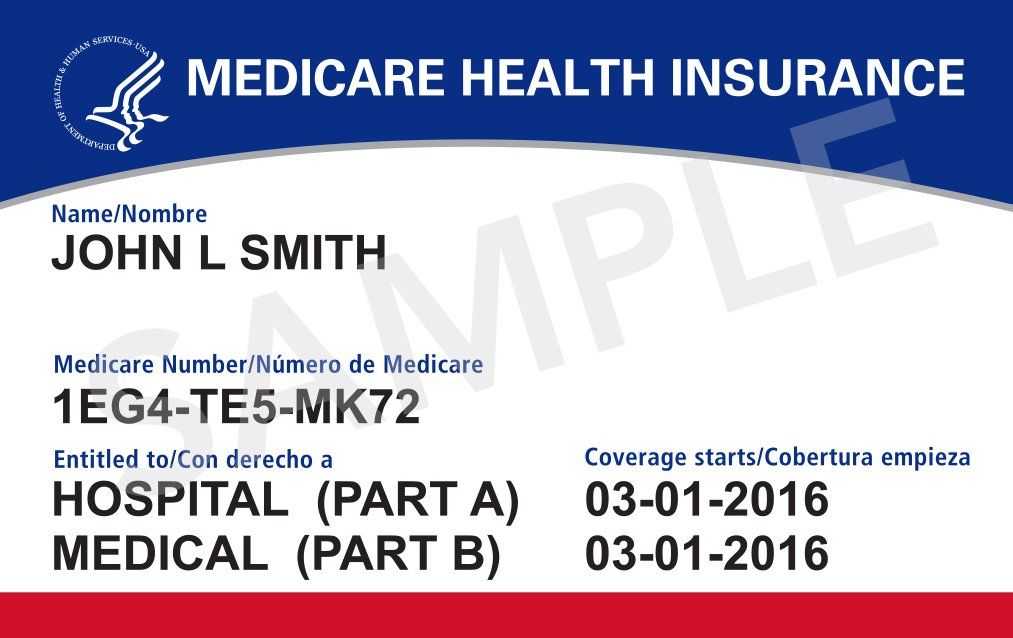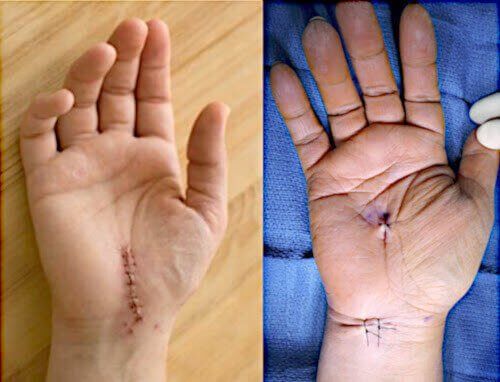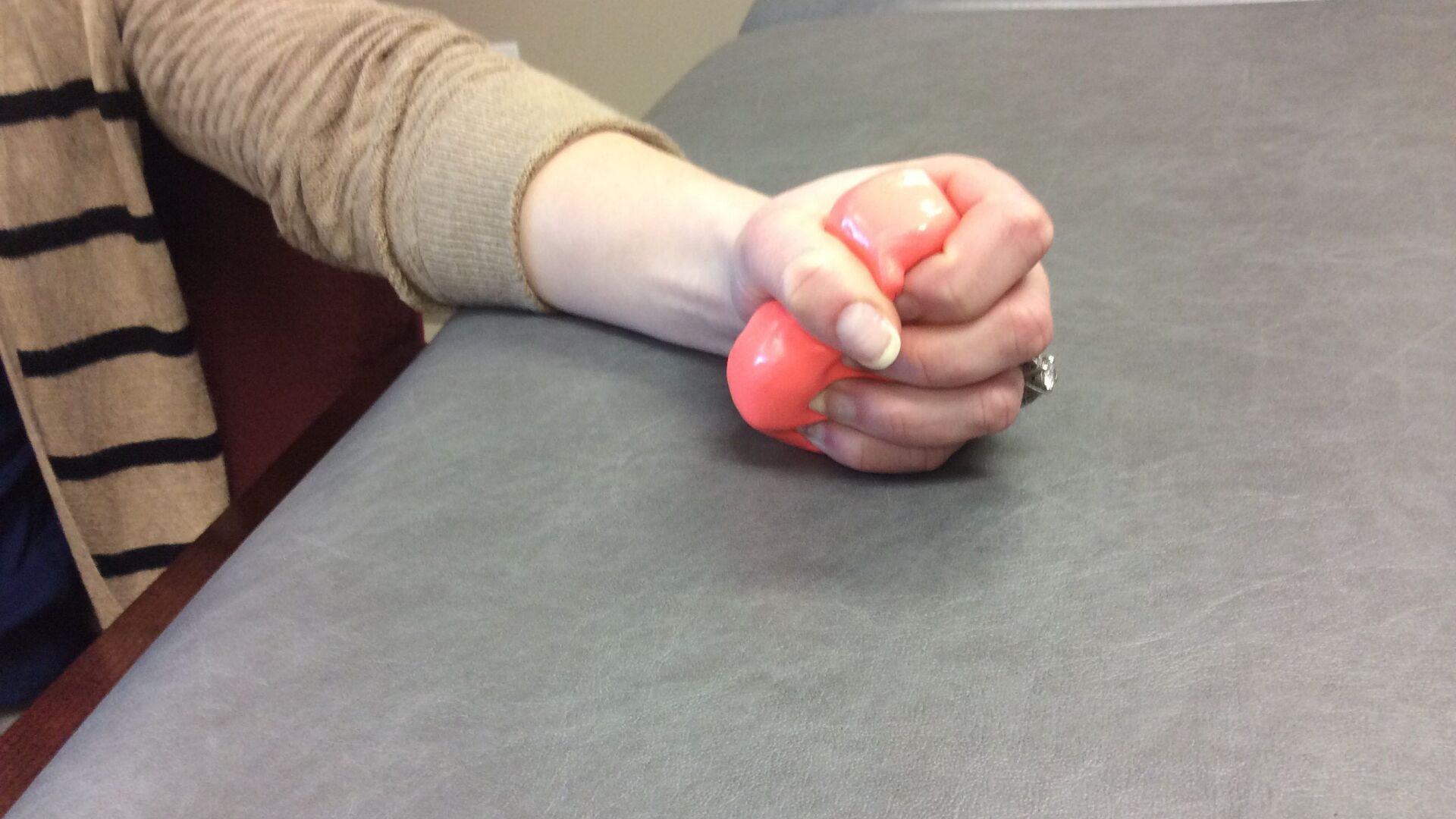Cost for Carpal Tunnel Surgery
Table of Contents
- What does carpal tunnel surgery really cost?
- Deductible, Coinsurance & Copayment
- Ways to pay for carpal tunnel surgery
- Private insurance
- Medicare
- Self-paying
- Workers' Compensation
- Factors impacting the final cost for carpal tunnel surgery
- Which facility will you use?
- Which surgery will you have?
- Where is your residence?
- Costs: surgical center vs hospital
- Cost for carpal tunnel surgery in an Outpatient Facility
- Cost for carpal tunnel surgery in a Hospital
- Costs: physical therapy & rehabilitation
- Costs: lost job time & wages
- Summary
- FAQs
- About
What does carpal tunnel surgery really cost?
Most health insurance plans will cover at least part of the cost of carpal tunnel surgery. However, the exact amount of coverage depends on your specific policy and provider. Surgery is typically recommended only for patients with
severe-stage carpal tunnel syndrome—when all nonsurgical treatments have failed to bring relief.
According to
Cost Helper Health, the
average cost for carpal tunnel surgery in 2025 is about
$6,928 per hand without insurance. With insurance, most patients pay an estimated
$1,000 in copayments, including aftercare, therapy, and rehabilitation. Before scheduling surgery, it’s important to confirm exactly how much your insurance covers—not just for the procedure itself, but for all the follow-up care that comes afterward.
Keep in mind that several factors can significantly affect your total cost. These include your
state of residence,
type of surgery (open or endoscopic),
surgical facility,
amount of
post-surgical care required, and how
quickly you recover. In addition, there are non-medical expenses to consider—such as
lost wages during recovery or the financial impact of
complications
that delay your return to work.
Many patients overlook these hidden costs when calculating the true price of surgery. Below, you’ll find a detailed breakdown of all the factors that contribute to the
final cost of carpal tunnel surgery—so you can make an informed decision before moving forward.
Deductible, coinsurance & copayment
When discussing insurance (including Medicare) we use a few industry terms that require explanation. You should be familiar with them.
Deductible:
This is the dollar amount you pay out-of-pocket within a year before the insurance company begins paying expenses. The insurer will then start paying for the expenses, either totally or as a percentage. When it's a percentage, you must make up the difference with a Copayment (see below).
Coinsurance:
This is the percentage of a cost that you must pay for out-of-pocket. This comes to 20% for Medicare Part B (see below).
Copayment: This is a fixed dollar amount that a person who has insurance pays out-of-pocket. It's above and beyond any other coverage when you receive a treatment. If you have Medicare, the Copayment usually applies to prescription medicines.
When it comes to
Medicare, there are certain parts of it you need to be aware of. Each part offers coverage in specific areas. The program consists of: Parts A, B, C, and D
Medicare Part A: This is essentially hospital Insurance. It pays for hospital stays and other related in-hospital services (surgery, meals, tests, therapy, etc.).
Medicare Part B:
This essentially covers outpatient medical services (doctor visits, home health, wheelchairs, eyeglasses, etc.).
Medicare Part C:
This is also known as Medicare Advantage Plans or Medicare+ Choice. It lets patients tailor a custom plan to suit their medical situation. The Part C plans provide everything in Parts A and B. They may also offer additional services like vision, dental, and hearing treatments. Part C works with private insurance companies for some of the coverage.
Medicare Part D: This is a program to pay for prescription drugs. Many private insurers administer Part D which offers plans that vary in cost, and also cover different kinds of drugs.
Ways to pay for carpal tunnel surgery
Private insurance
Virtually all private national health insurance companies (in the USA) will cover the cost for carpal tunnel surgery. But the
percentage
of the surgery, aftercare, and rehabilitation services they cover is another matter.
The good news is that you're a customer of theirs. And they want to keep your business. So make sure you contact them with all the pertinent information you have. They will give you a fairly accurate cost estimate based on your own policy. They could even provide estimated costs should any complications arise.
Medicare
Medicare will pay the cost for carpal tunnel surgery. It will also cover the initial diagnostic tests and any medically necessary treatments. There are out-of-pocket expenses involved, but
programs exist to help cover those expenses.
All Medicare Parts (A, B, C, D) can be involved in the payment process. For instance, Part A will cover a hospital stay while part D will cover prescription pain drugs.
Self-paying
By far, the most uncomplicated way to pay for carpal tunnel surgery is privately (by yourself). But it's also the most costly option.
Nearly every hospital or surgical center will give you a discount if you self-pay or pay "out-of-pocket". That's because it assures they will get paid faster. The discount rates vary from facility to facility. Even doctors will usually apply a discount for their fees. The discounts generally hover around 10%. A 10% overall discount is reflected in the
cost breakdown below.
Workers' Compensation
Workers' compensation is an insurance that gives employees medical benefits (and even wage replacement) if they're injured on the job. But filing a Workers' Compensation claim means you are asserting that your carpal tunnel is a work-related injury. However, carpal tunnel syndrome isn't an acute
condition (i.e., it didn't happen overnight). That means proving it's related to your job is one of the biggest challenges.
Getting Workers' Compensation to cover the cost of carpal tunnel surgery (and associated costs) is often a lengthy and frustrating process. Making matters even worse, the laws governing disability claims are highly complex.
The American Journal of Occupational Health found
79% of claims for carpal tunnel surgery were initially rejected by Worker's Comp. Also, the average time from filing a claim to actually getting
approval
for carpal tunnel surgery is
11 months. Yes, it's a slow and labor-intensive process indeed.
Navigating the Worker's Comp landscape to receive benefits is easiest and most successful
when you hire a disability attorney to help. But this costs money as well. Happily, an initial consultation to determine your eligibility is usually free.
Factors impacting the final cost for carpal tunnel surgery
For patients already insured by a national health carrier, estimating the cost for carpal tunnel surgery is simple. Just call the company's patient services information help-line and ask. They will have your policy and the rates immediately available.
Be sure to ask if they also cover the cost of any complications arising from the surgery. And if not, how much are you responsible for (for instance, what's the
most
you'll have to pay).
Also ask how much of the
aftercare expenses you're responsible for. That should include physical therapy and rehabilitation.
Finally, ask if you can be reimbursed for lost wages during recovery. And if so, what are the rules, restrictions, and limits of that reimbursement, if any.
Which facility will you use?
A key factor affecting the cost for carpal tunnel surgery is choosing the facility you’ll have the surgery in.
Normally your surgeon will make that decision. You will have the carpal tunnel surgery either in a hospital or an outpatient surgical center.
Surgery in a hospital is almost always more expensive. That’s because it costs more to operate a hospital than a smaller surgical center. Those higher costs are passed on to the patient.
Which surgery will you have?
Your doctor will also determine which carpal tunnel surgery you'll have. That's because a surgeon specializes in one or the other type. The type of surgery makes a huge difference in your final cost.
There are two main types carpal tunnel surgery:
The endoscopic procedure is more expensive. That’s because it requires special training and specialized instruments. But in the long run, the endoscopic procedure results in less pain, faster recovery, and less rehabilitation time.
Consider this could translate into fewer lost work days and wages. So it might actually be the more cost-effective surgical option.
Where is your residence?
In addition to the above variables which affect the cost for carpal tunnel surgery, your location is another key factor. For instance, the identical policies with the same insurer can cost two times more between different states. As a rule of thumb, most medical costs are highest in the eastern USA. But they’re lowest in the southwestern USA.
This
surgery pricing tool will show you the average cost for carpal tunnel surgery in your state.
Costs: surgical center vs hospital
It would be impractical here to break down the cost for carpal tunnel surgery for your particular circumstances if you have insurance. But without insurance, those costs are much easier to estimate.
The figures below are
average national costs. They also average the costs for the two types of surgery (open and endoscopic).
However, they do not take into account any
complications which might arise. The costs associated with excessive bleeding, nerve damage, reaction to anesthesia (just to name a few complications) would be impossible to estimate for any particular circumstance.
Cost for carpal tunnel surgery in an Outpatient Facility
Facility services: $1,297
Doctor's fee: $746
Anesthesiologist: $408
Total average cost: $2,451
Cost for carpal tunnel surgery in a Hospital
Facility service: $4,200 (assuming a 2-night stay)
Doctor's fee: $746
Anesthesiologist: $408
Total average cost: $5,354
Costs: physical therapy & rehabilitation
Nearly every carpal tunnel surgery will require
physical therapy and rehabilitation of your hand. If you have the open release surgery, it will take longer to restore your hand’s function compared to having the endoscopic technique.
The unfortunate fact is that rehab costs are practically ignored by patients who are trying to establish cost estimates for the surgery.
Therefore, it’s necessary to understand that
recovering from carpal tunnel surgery
will take time (no matter the type of surgery you have). You will need hand therapy and rehab which can last from a week to many months. And this recovery time doesn’t include any other time required to overcome complications.
The bottom line is to be prepared for any foreseeable problem that can arise.
If all goes well and you take the average amount of time to heal, we can make some estimates for this phase of recovery. On average, the uninsured cost for hand therapy and rehabilitation is between
$12,000 and $28,000.
Costs: lost job time & wages
When calculating the final cost for carpal tunnel surgery, few patients consider their lost wages due to down-time from the job. It’s one thing to pay for the surgery. It’s quite another to have the income to make those payments.
You
will
have down-time at work regardless of the type of surgery you have. Some patients are lucky. Usually they're the ones who had
endoscopic carpal tunnel surgery. And some can go back to work even while they still have stitches in their hand (within 10 days). But that’s if their job doesn’t require much manual work, especially on the operated hand.
In contrast, if you had open carpal tunnel surgery and your job requires manual labor, assume
at least one month of down-time. And that’s if your operated hand isn’t really required on the job. Double that time if it is.
These estimates also assume the best possible outcome. It’s not unusual for workers to take 6-9 months away from work in order to recover.
Finally, it bears mentioning that 23% of patients who had carpal tunnel surgery were
unable
to return to their former occupation. They had to find another job within the same company (that didn't require a lot of manual labor) or with another company.
This isn’t surprising given that their occupation probably caused their carpal tunnel syndrome to begin with. (Note these
high-risk jobs.) This is another variable to be factored into the “final” cost for carpal tunnel surgery.
Summary
If you have health insurance, the cost for carpal tunnel surgery will be covered -- to some degree. The amount depends on your particular policy. But if you don't have insurance, the costs can be significant. They depend mostly on which type of surgery you have, where you have it, where you live, and how well (and fast) you recover. But other factors can drive up the cost dramatically. Chief among them is if you have complications or require extensive therapy and rehabilitation of your hand. Finally, many people don't factor in lost job time and wages resulting from these events. This can drive up the actual costs
significantly
.
FAQs
Is the bottom line that surgery is less expensive in a surgical center?
Yes, in most instances.
Can I shop around for the best surgery prices?
Of course. but you may be limited by your insurance policy and its network of doctors and facilities.
Does insurance pay for rehab and lost wages?
These depend on your particular carrier and their policy. You should call the carrier and ask.
About











